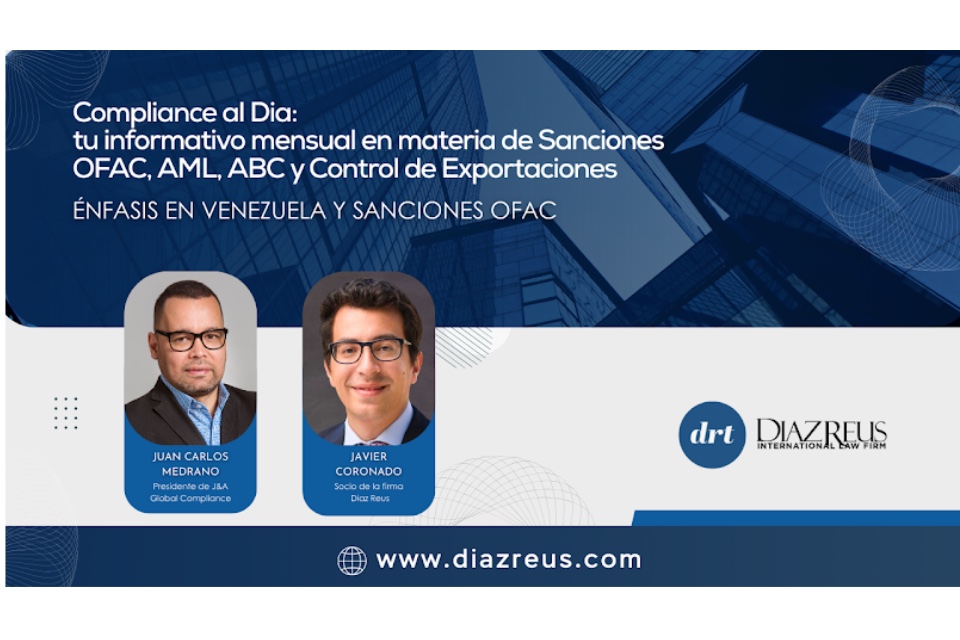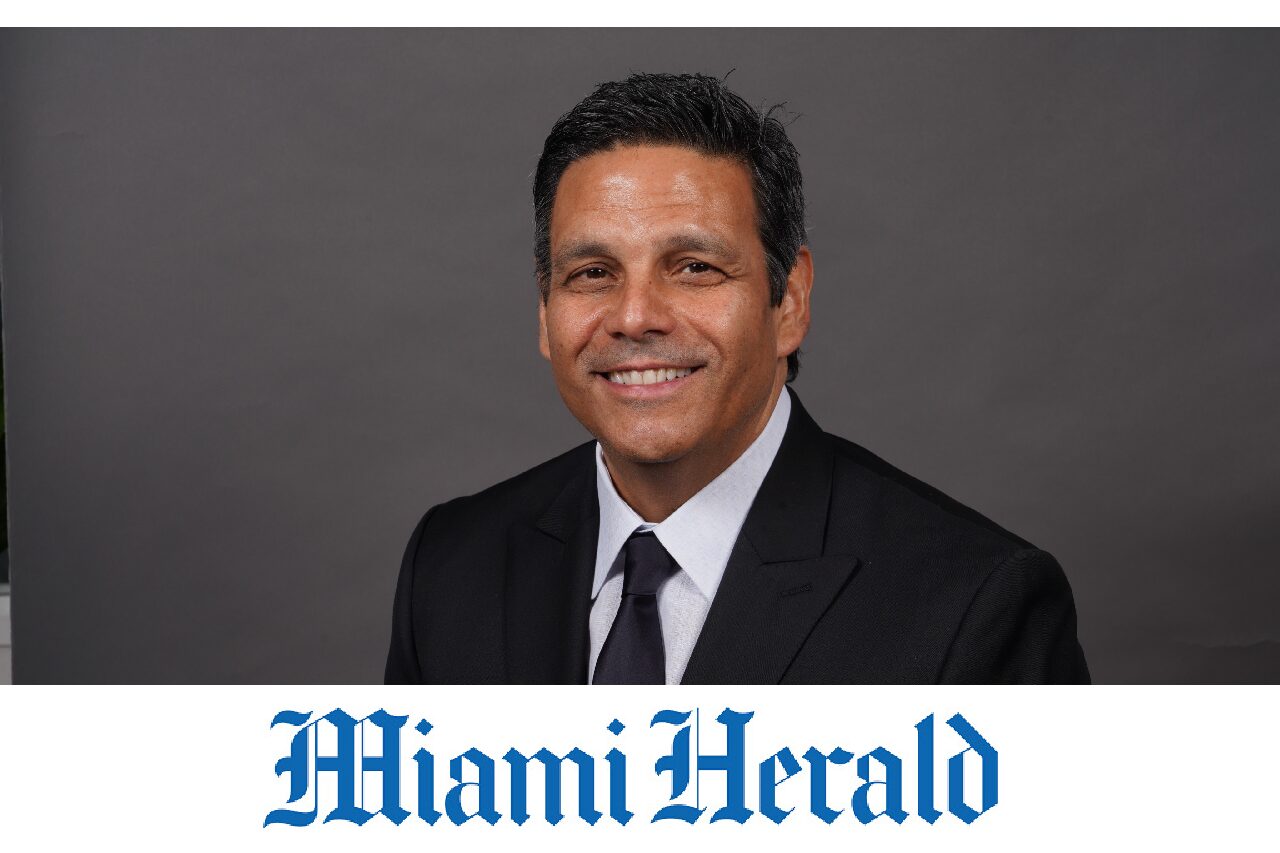By Beatrice Rangel.
On April 4th, Rafael Callejas, former president of Honduras, died in Atlanta.
He had been in the U.S. for the last five years as a consequence of the U.S. prosecution of FIFA leaders worldwide. President Callejas was the president of the Honduran Football Association and a member of FIFA’s Television and Marketing Committee. In 2016 President Callejas pleaded guilty in a U.S. court to charges of racketeering and wire fraud. He had used his power and influence as a member of FIFA’s television and marketing Committee to direct contracts to Media World, a PR cum communications firm based in Miami.
Media World paid bribes for every contract that Callejas used to get votes for his reelection at the Honduran Soccer Federation. Callejas agreed to pay a fine of US$650,000. At the moment of his death, he was living in Atlanta where he was being treated for leukemia. After five years, he was awaiting sentence to go back to Honduras to the love of his life Norma Gaborit — his wife, muse and love of his life.
And perhaps the greatest punishment was separation from Norma. Ever since they married they were inseparable. Norma would help him with the work load he always brought home. She would bring allies closer while protecting him from enemies. She was quiet, kind, unassuming and dedicated to his success. They were twin souls. His heart broke when he realized that he would not be able to see her again given that the U.S. denied an entry a visa for her to come and support him through his leukemia treatment.
Whatever the failings of President Callejas, I see his departure with sorrow as I loses a friend and his country a leader.
As head of state, he was a formidable inspiration to young Hondurans. He ended Honduras’ participation in the Central American conflict without abandoning the alliance with the United States. He restructured the economy; brought back political exiles; reduced poverty by 8%; reduced and made less stringent the regulations to establish political parties; and created two institutions that proved to be key in fighting poverty and promoting entrepreneurship — the Family Assistance Fund and the Fund for Social Investment.
When accused of corruption he presented himself to justice and was acquitted on every charge. When prosecuted by the U.S. he presented himself to the US courts au lieu of fighting a protracted extradition battle. In a world where true bandits hire the best lawyers in the world to be able to keep them out of jail and enjoy Spanish castles and Caribbean paradises, Callejas took responsibility for his felonies and faced justice. In short, he was a great leader and gentleman who regrettably succumbed to the cult of easy money which is widespread in Latin America.
His passing takes place at a point in time when his country is emmeshed in political and economic turmoil. The drug economy has slowly but surely penetrated political institutions and economic concerns in Honduras. Violence and economic paralysis have fed an exponential growth in the crime rate while triggering migration to the U.S.
He takes with him a political virtue that is only present in another former president of Central America: Alfredo Cristiani. They both worked from dawn to dust on Central American integration. They both knew that the region could not achieve development separated in tiny bits that could bear no weight in the world economy. They both knew very well how to check egos in the coat room. They both blazed a new road to development based on cooperation and understanding. These virtues have always been important but today in the times of covid19 are essential to secure the survival of humanity.














